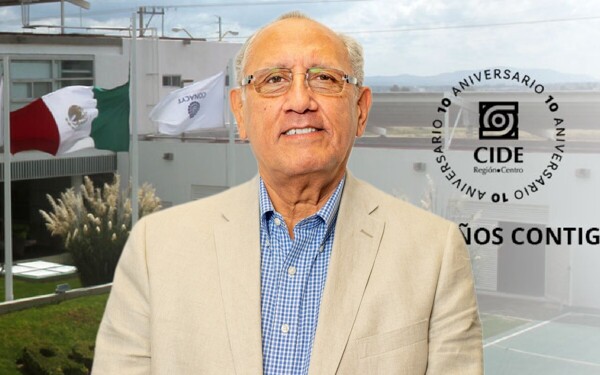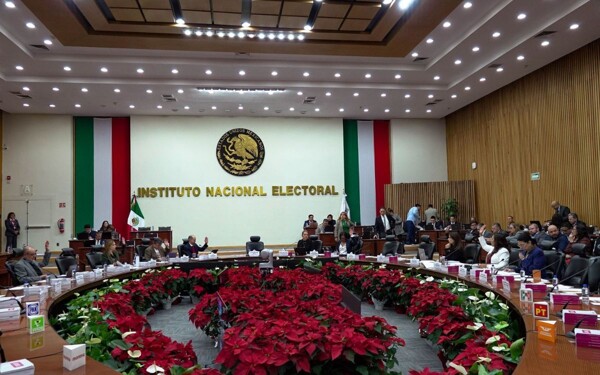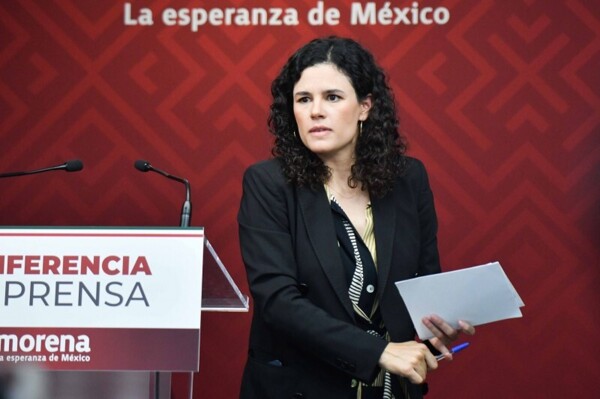
The head of government of Mexico City, Claudia Sheinbaum, highlighted the role of all women in history, from the heroines of the homeland to those anonymous ones who fought for their dreams from their homes. In a special celebration, she mentioned that women can achieve their goals without their gender determining their destiny.
In the state of Sonora, in northwestern Mexico, women leaders from indigenous communities emphasize the importance of women in social, cultural, and economic development. Despite progress, they still face macho resistance and discrimination from men in their communities.
At the national level, approximately 11.9 million women belong to the 68 indigenous peoples in Mexico, representing 51.4% of the country's indigenous population. However, in many of these communities, women face obstacles to becoming part of traditional authorities due to arguments related to traditions and customs.
Nohemi Moreno Hidalgo, governor of the Ge’e-pickñ community of the Tohono O’odham, located in the region shared between Sonora, Mexico, and Arizona, has been a recognized tribal leader for 40 years. Despite this, machismo persists in some communities that challenge her female leadership.
María del Rosario Avilés Carlón is another prominent leader, being the first traditional Governor of El Jupare in Huatabampo. In Yoreme-Mayo culture, she faced resistance from centuries of tradition to reach this position. Avilés Carlón emphasizes the importance of willpower and the need to follow traditional teachings to care for her community.
In collaboration with the National Institute of Indigenous Peoples, these leaders are promoting a decree for indigenous women to have the right to own the land they work. They seek recognition of this right from the President of Mexico, Claudia Sheinbaum, to ensure the development of indigenous women in their communities.
Claudia Sheinbaum became the first woman to assume the presidency of Mexico on October 1, 2024, marking a milestone in the history of the country by signaling that women finally have a key role in leading the nation.














